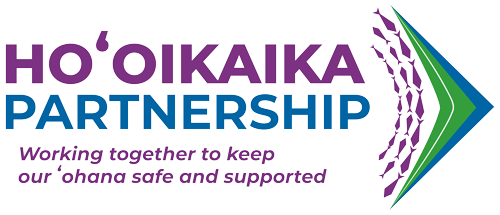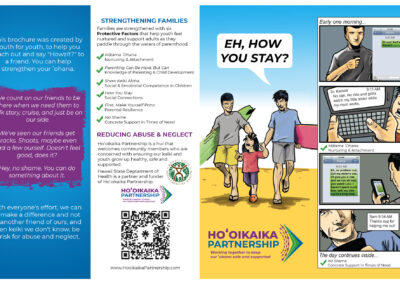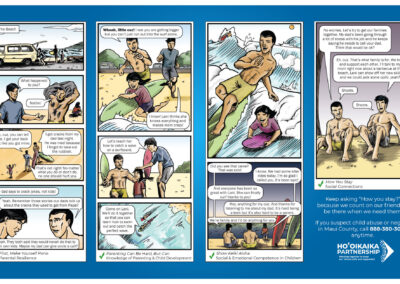Kalo Boy's Adventure to Make Pono: He HuaKaʻi ʻOhana
Learn About Protective Factors With This *New* Children's BookJoin Kalo Boy and his ‘ohana on their journey of making pono (duty to make right), which includes fixing the loʻi (taro patch), getting kōkua (help), and most importantly, lōkahi, bringing everyone into balance and learning to work together.
Protective Factors
These factors help children feel nurtured and help adults paddle more smoothly through the waters of parenthood.
- Mālama ‘Ohana – Nurturing and Attachment
- Parenting Can Be Hard, But Can – Knowledge of Parenting and Child Development
- Show Keiki Aloha – Social and Emotional Competence in Children
- How You Stay – Social Connections
- First, Make Yourself Pono – Parental Resilience
- No Shame – Concrete Support in Times of Need
- Getting Help in Maui County with Navigation Services
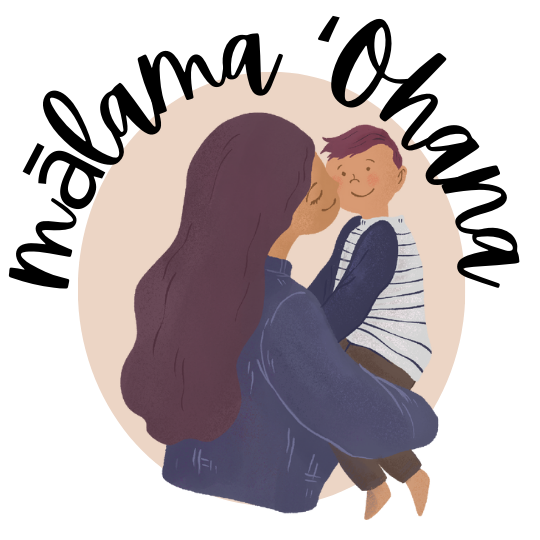
Mālama ʻOhana
Nurturing & Attachment
When parents and children have strong, warm feelings for one another, children develop trust that their parents will provide what they need to thrive, including love, acceptance, positive guidance, and protection.
Tips to Encourage Nurturing & Attachment
- Read, sing and talk to keiki
- Snuggle, cuddle and hug
- Promote eye gazing and skin-to-skin contact with infants
- Spend time and eat meals together

Parenting Can Be Hard, But Can
Knowledge of Parenting and Child Development
Parenting does not come with a manual – it’s a learning process. Each child is unique and as they grow, their behaviors and needs change. Parenting evolves with the child, with help from trusted advisors along the way.
Tips to Encourage Parent & Child Development
- Parenting can be challenging. Your feelings are normal.
- Be open to receiving support from friends, family and your community
- Share experiences – knowing what to expect can help you feel more confident
- Learn about how children grow and change, ways to be a good parent, and places to get help when you need it
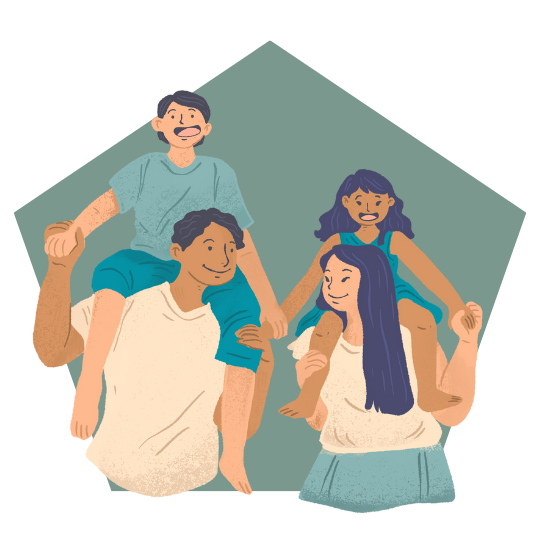
Show Keiki Aloha
Social and Emotional Competence in Children
Parents and caregivers demonstrate love and teach children through acts of kindness, protection, and caring.
Tips to Encourage Social Skills
- Tell your child “Wow, what a great job!” “I love you no matter what.” “I’m proud of you.”
- Do fun things together as a family everyday without phones or tablets
- Name feelings – your own and/ or your child’s
- Teach about cultural identity and celebrate differences

How You Stay
Social Connections
Take time to connect with people who will support you in the parenting journey. Parenting is easier with help from others.
Our parenting team includes people who love, care for, teach, and protect our children. When parents and caregivers have supportive friends, family, and neighbors, it’s easier to care for their children and themselves.
Tips to Encourage Social Connections
- Remember: “I can’t do it alone.”
- Reach out to others and don’t give up until you connect
- Attend your children’s events or community activities and get to know the other parents
- Talk story with grandparents who are caring for their grandchildren
- Ask a stressed out, overwhelmed parent, “How can I help?”
- Invite a parent to join you at a meeting or social gathering

First, Make Yourself Pono
Parental Resilience
Parents who can cope with the stresses of everyday life and the occasional crisis have resilience – the ability to bounce back from challenging situations.
Caregivers who prioritize their own well-being can be more present and effective in caring for their children.
Tips to Encourage Parental Resilience
- Take care of yourself physically, emotionally, and spiritually
- Find your way back to center (piko)
- Cultivate your strengths
- We all make mistakes. We can try again tomorrow.
- Set realistic goals, practice stress-reducing techniques, and seek help when needed
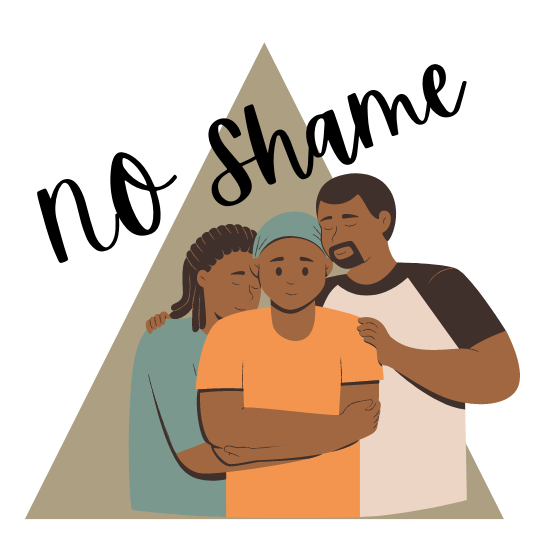
No Shame
Concrete Support in Times of Need
All families need food, clothes, a place to live, and help taking care of their kids. When families have these basic needs met, it’s easier to keep their kids safe and healthy. Asking for help is a sign of strength, not weakness.
There are people and places in the community that can assist.
There is no shame in asking for and receiving help.
Tips to Encourage Parental Resilience
- There is no shame in asking for and receiving help
- Barter and trade for goods and services
- Offer to drive a parent to the doctor, school, and/or store
Protective Factors Bookmarks
We created seven protective factors bookmarks for families and youth to learn the different ways to strengthen ʻohana. Get all seven today!
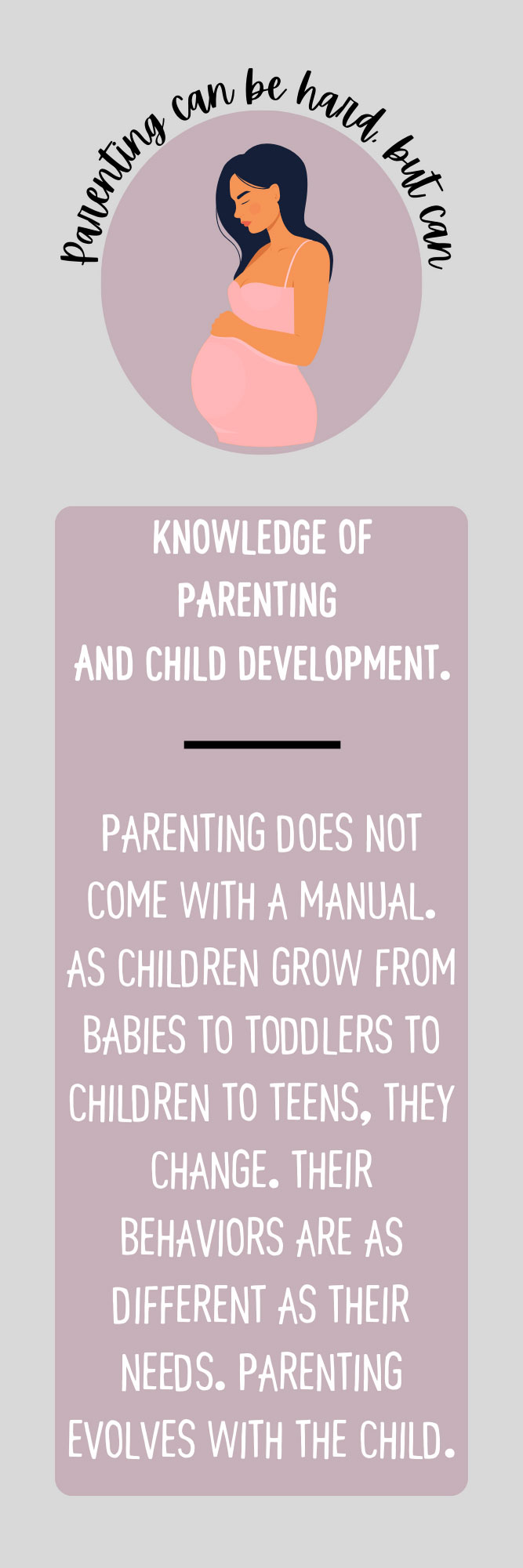
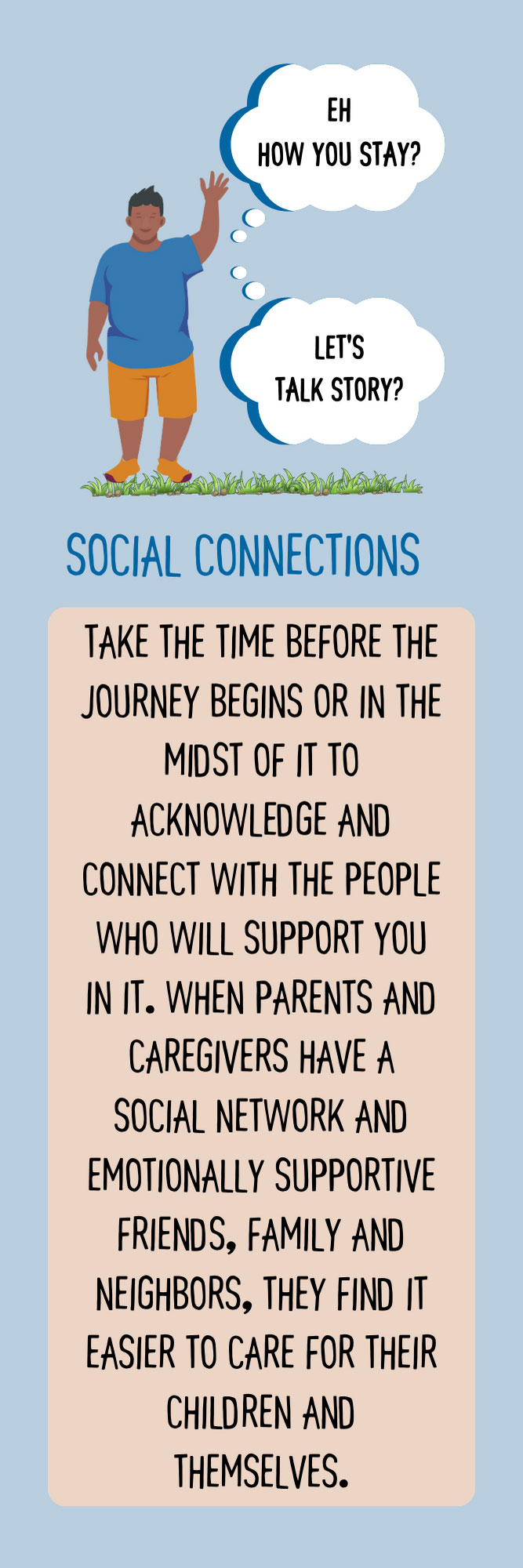
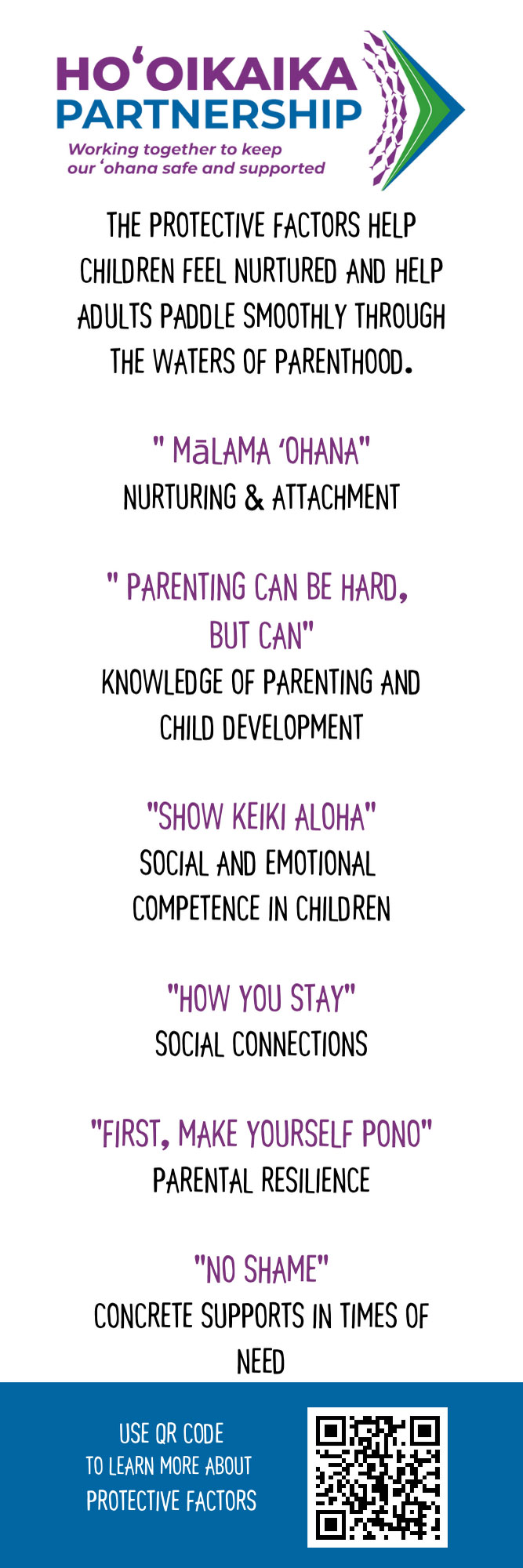
Protective Factors Brochures
We created protective factors brochures for families and youth.
Need Kōkua?
NAVIGATION SERVICES FOR CHILDREN AND FAMILIES ON MAUI, LĀNA’I, MOLOKA’I
Do you or someone you know need assistance with getting services, navigating help for their ‘ohana?
We are Navigators. We will partner with you and your ʻohana to support you through hard times. We will connect you and your ʻohana to community resources and services. There is no limit for how long we can help you and your ʻohana. We will let you lead.
ʻAʻOHE HANA NUI KE ALU ʻIA.
No task is too big when done together by all.
Mary Kawena Pukui, ʻŌlelo Noʻeau No. 142.

